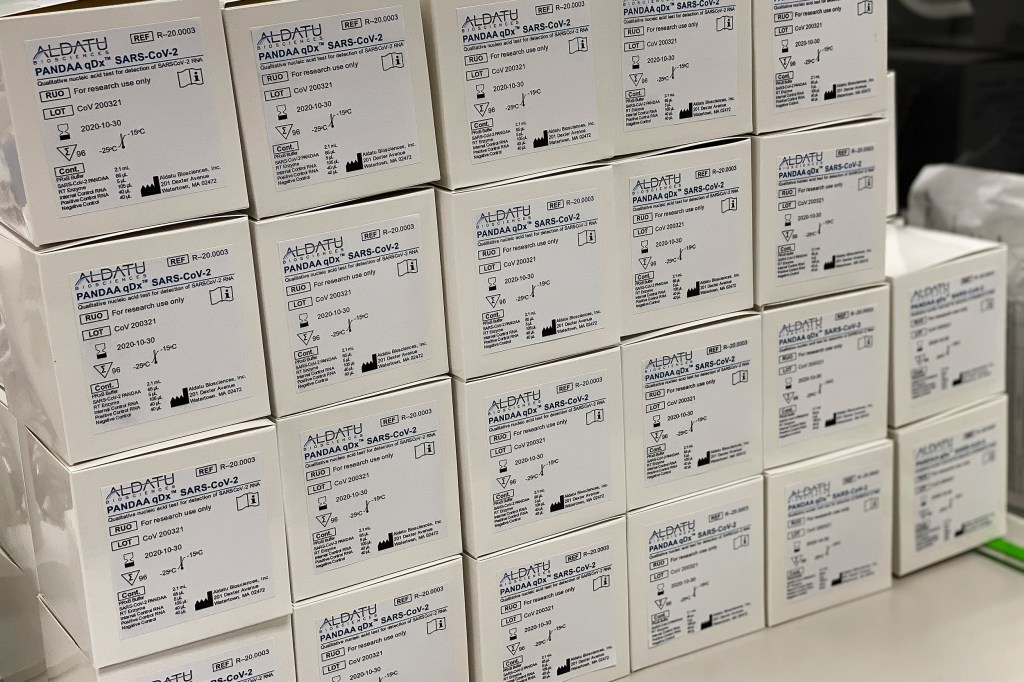Health
-
Lin Test
text with link. This is a quiz. Some text Name Name Quo modo autem philosophus loquitur? Tecum optime, deinde etiam cum mediocri amico. Invidiosum nomen est, infame, suspectum. Name Name…
-

Gender-affirming care is rare, study says
Fewer than 1 in 1,000 transgender youth receive hormones or puberty blockers

-

Nature offers novel approach to oral wound care
Slug’s sticky mucus inspiration behind adhesive hydrogel that can seal wounds in wet environment

-

Time for a rethink of colonoscopy guidelines?
Change informed by new findings would help specialists focus on those most at risk, researcher says

-

Should pharmacists be moral gatekeepers?
‘The problem is not opioids,’ says author of ‘Policing Patients’ — it’s overdose, pain
-

The deadly habit we can’t quite kick
Actions by tobacco companies worry researcher even amid ‘dramatic decrease’ in smoking among young Americans

-
Intel from an outpatient COVID-19 clinic
A new report by researchers examines the mostly overlooked, yet important, category of patients — those with symptoms concerning enough to seek care, yet not serious enough to need hospital treatment.
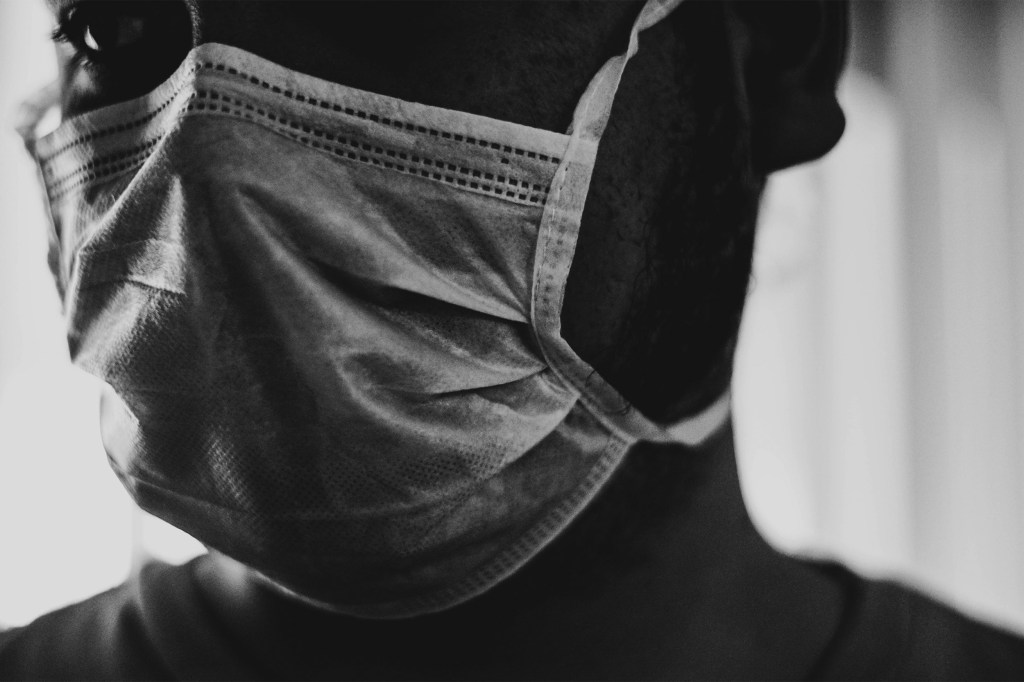
-
Healthy dose of religion
New research from the Harvard Chan School found that people who attended religious services at least once a week were significantly less likely to die from “deaths of despair,” including deaths related to suicide, drug overdose, and alcohol poisoning.
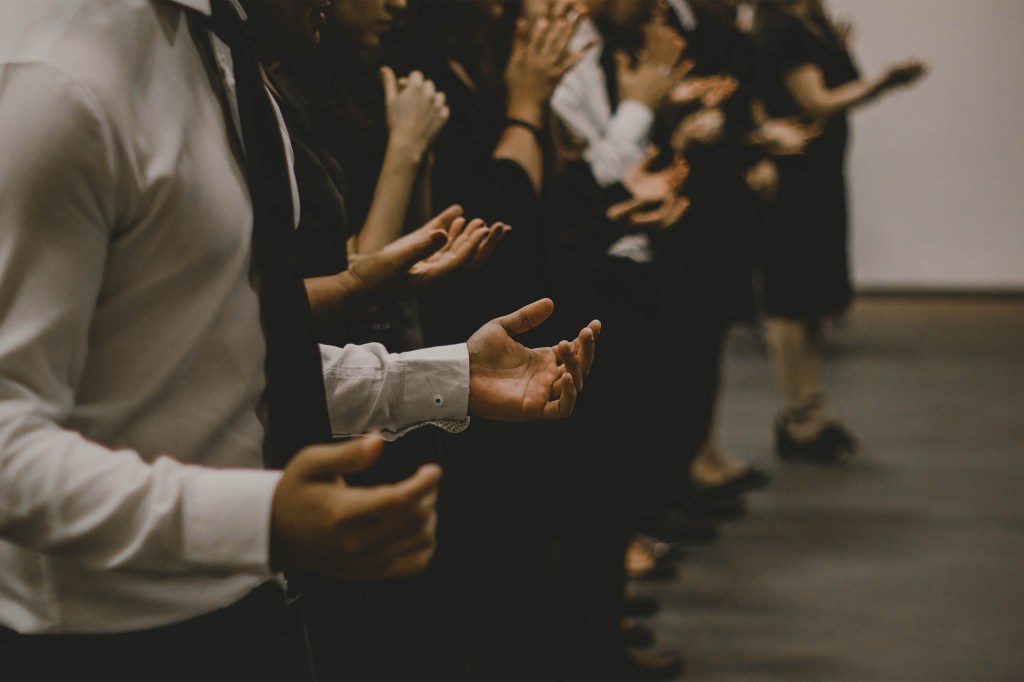
-
At the center of the outbreak
Researcher Katharine Robb details how housing policies affect social and health crises, like the current pandemic.
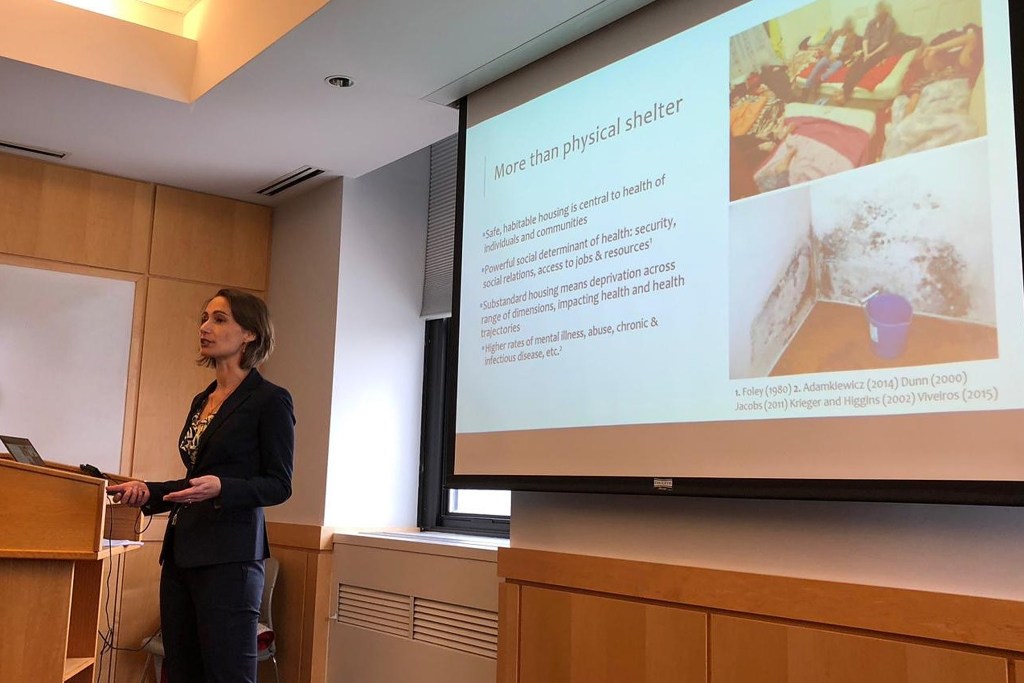
-
Social distance makes the heart grow lonelier
Harvard experts suggest using creativity and looking out for others as ways to get over our own loneliness as keeping socially distanced grinds on.
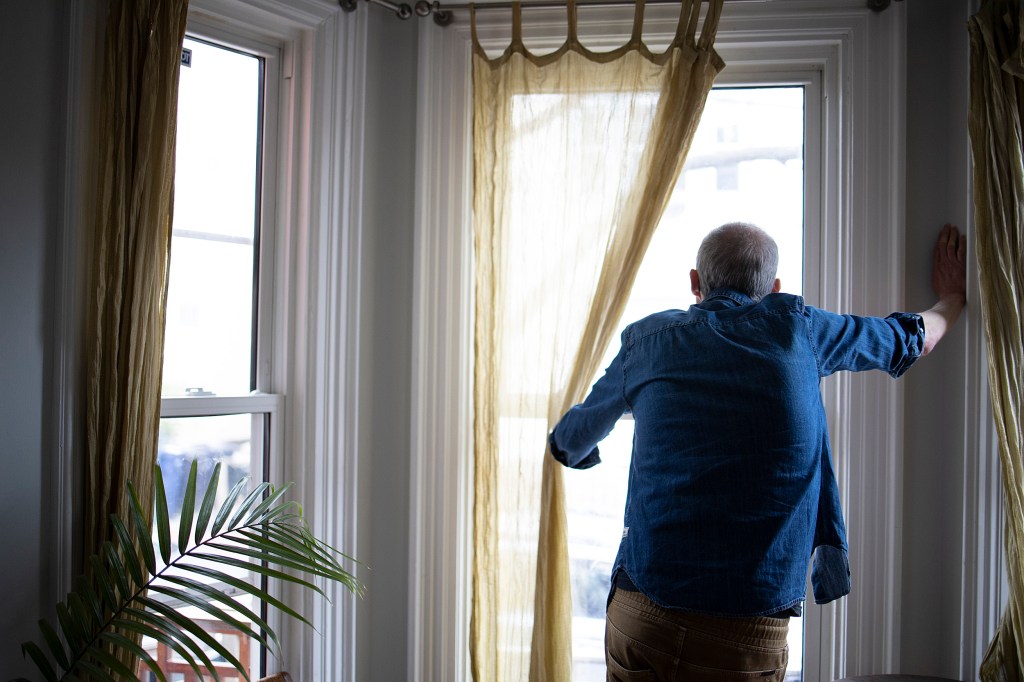
-
Brothers create screening tool for refugee populations
Brothers Hassaan Ebrahim, a student at Harvard Kennedy School, and Senan, a third-year Harvard Medical School student, founded Hikma Health, a nonprofit that builds software for organizations providing health care to refugee populations.
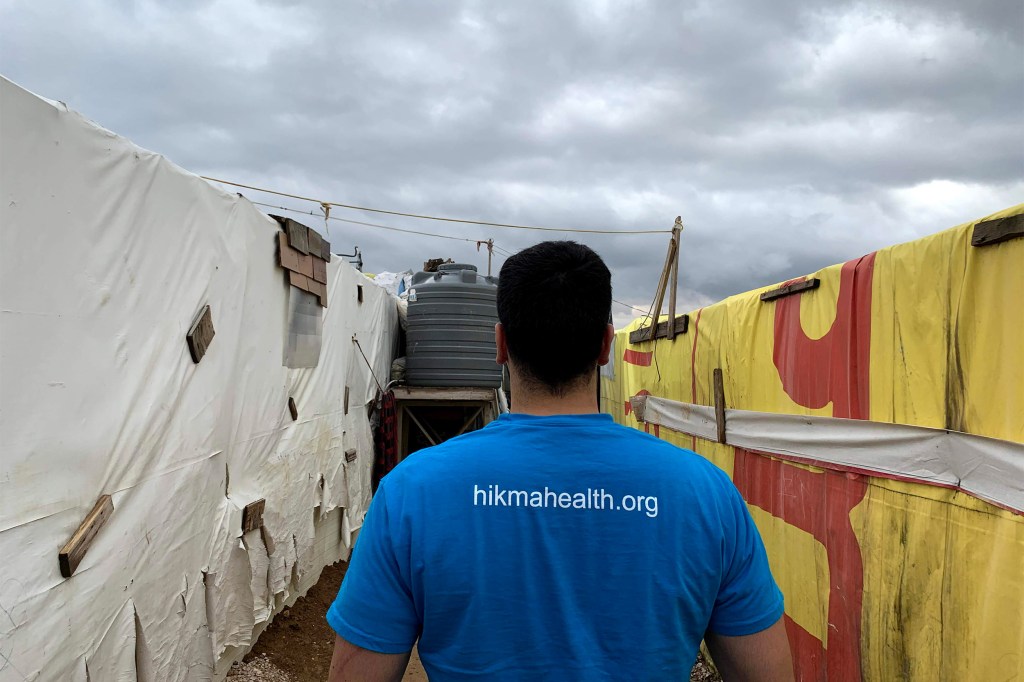
-
Tracking the coronavirus through crowdsourcing
How We Feel app helps fill information gaps regarding the spread of the novel coronavirus.
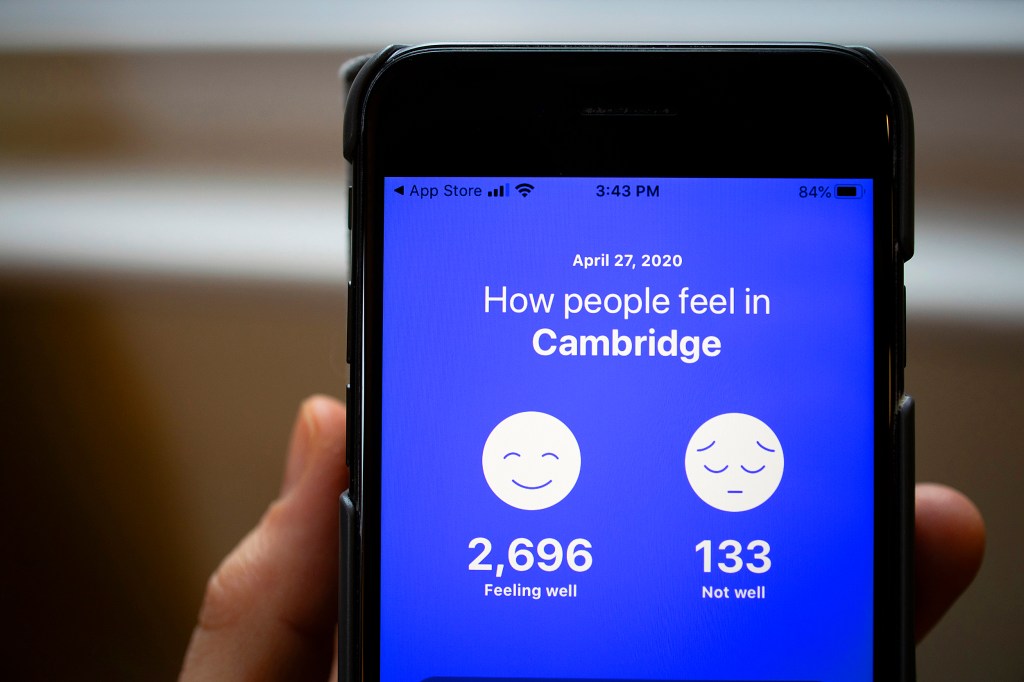
-
A day in the life of an ER doc
Urgent-care physician Anita Chary has turned her attention to treating those suffering from COVID-19 in recent weeks.
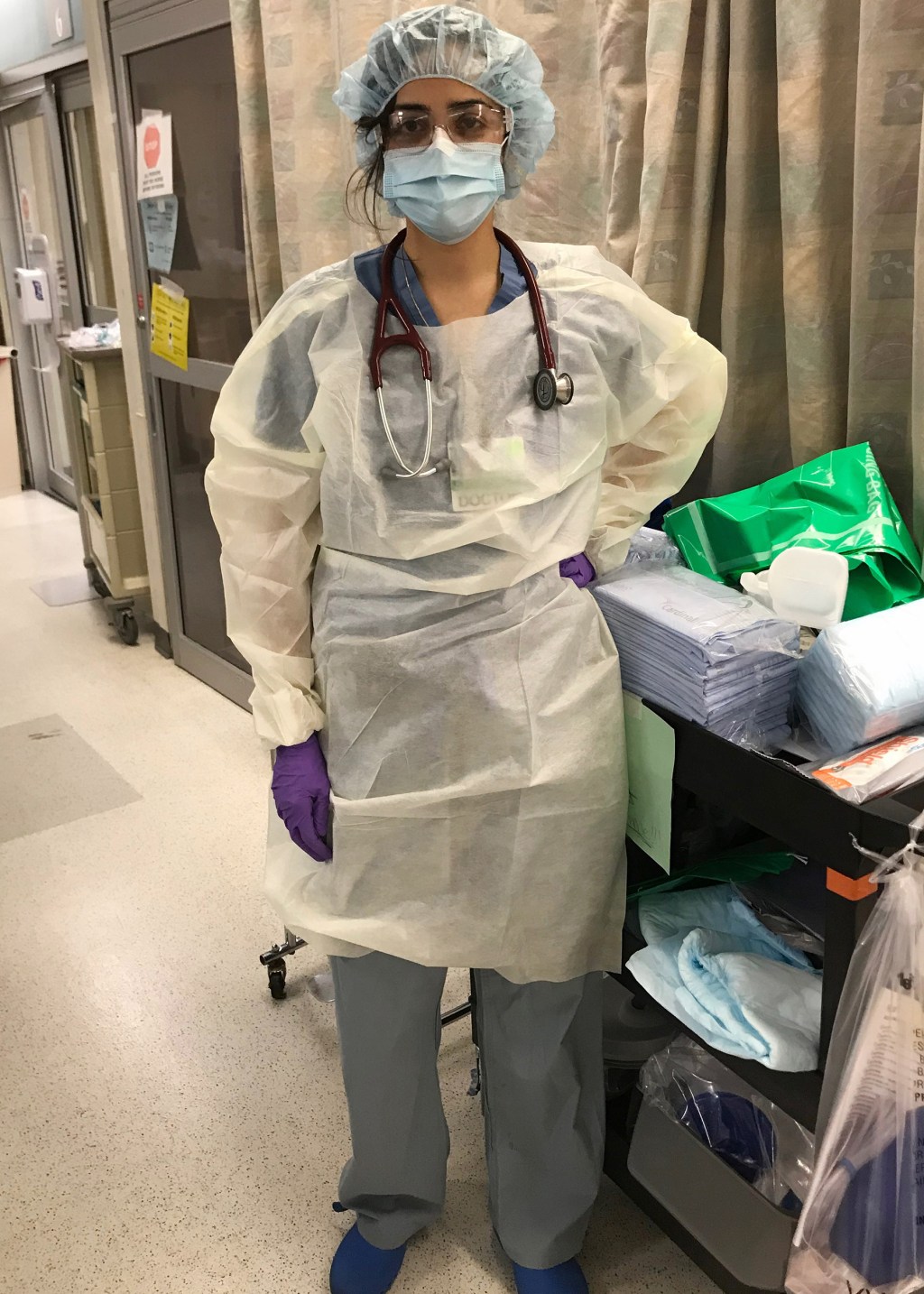
-
In the trenches
Physicians caring for different populations in three hospitals describe life in the midst of a pandemic.
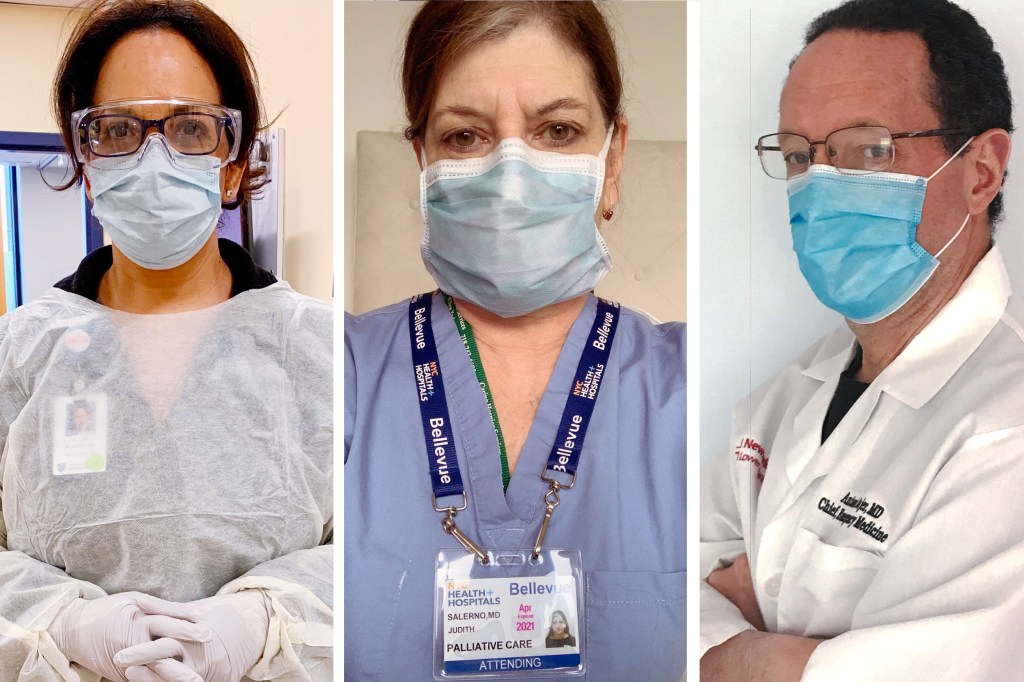
-
A silent epidemic
Early data from peer-reviewed studies suggest that one-third of hospitalized COVID-19 patients of all ages, and two-thirds of those with severe disease, show signs of delirium.
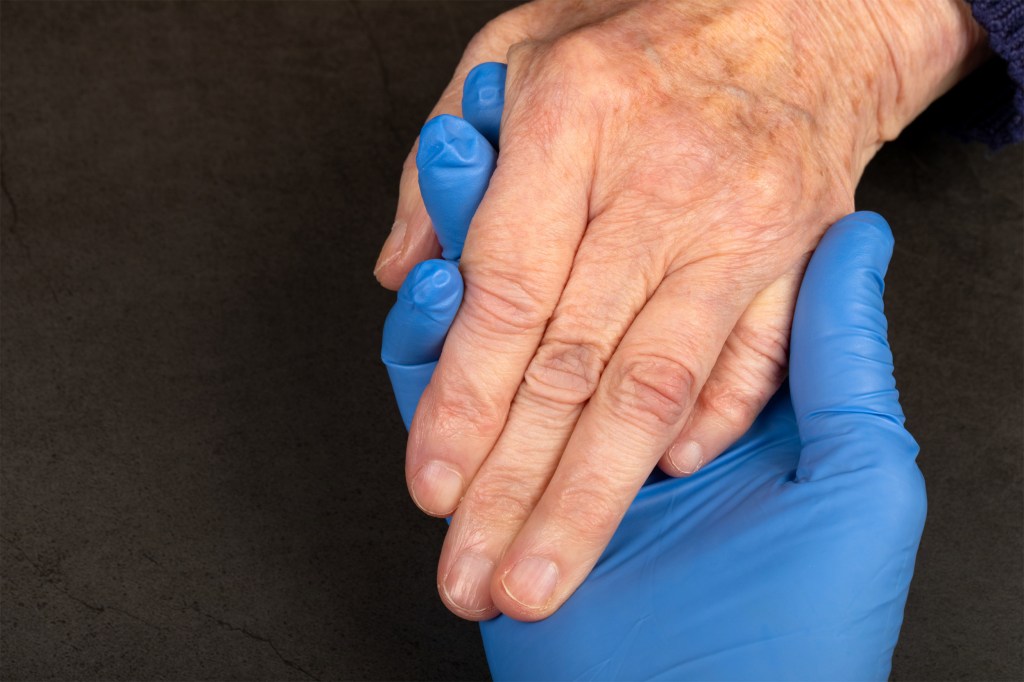
-
A five-layered defense for workplace reopening
Joseph Allen laid out how existing building safety guidelines might be adapted to make workplaces safer in the age of COVID.

-
Breakthrough to halt premature aging of cells
Potential drug treatments are being developed for telomere diseases, in which cells age prematurely.
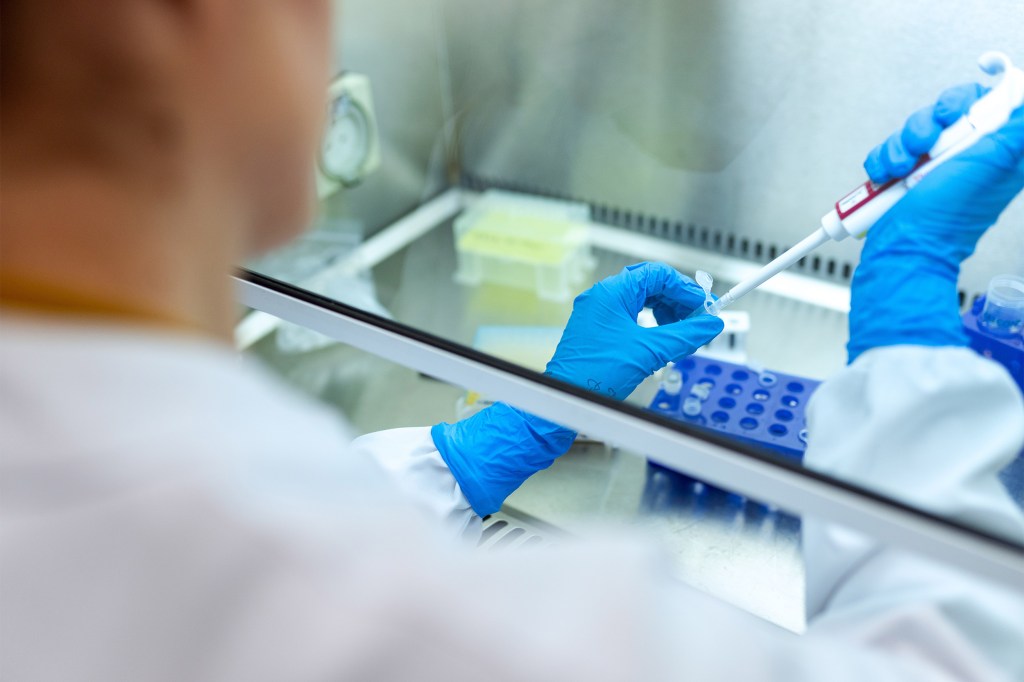
-
Feeling more anxious and stressed? You’re not alone
Uncertainty, unemployment, and ill health are combining to feed a rise in concern about America’s mental health as people shelter from the coronavirus and each other, a Harvard Chan School psychiatric epidemiologist said Thursday.
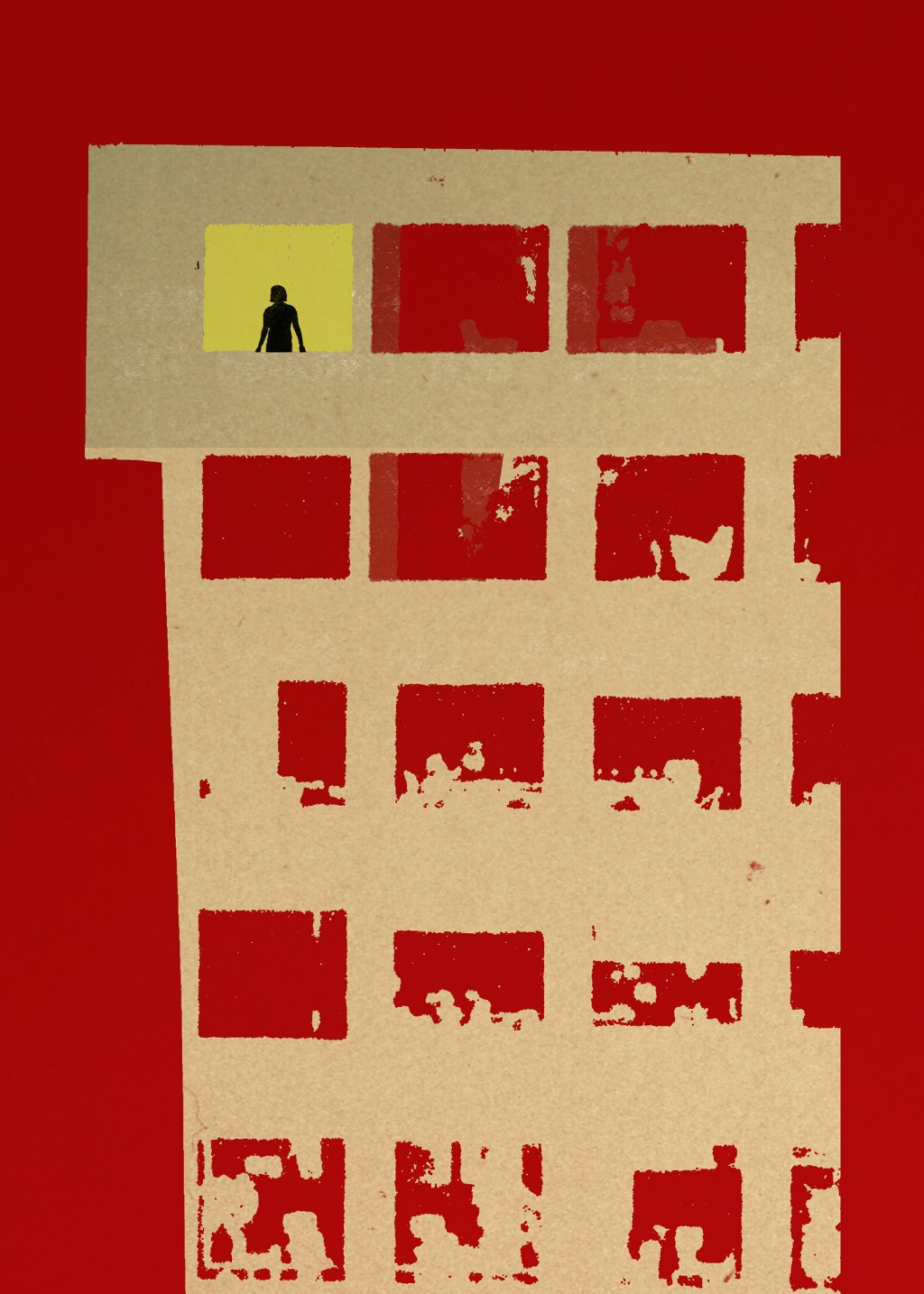
-
Insomnia in a pandemic
The Harvard T.H. Chan School of Public Health hosted an online forum on “Coronavirus, social distancing, and acute insomnia: How to avoid chronic sleep problems before they get started.”
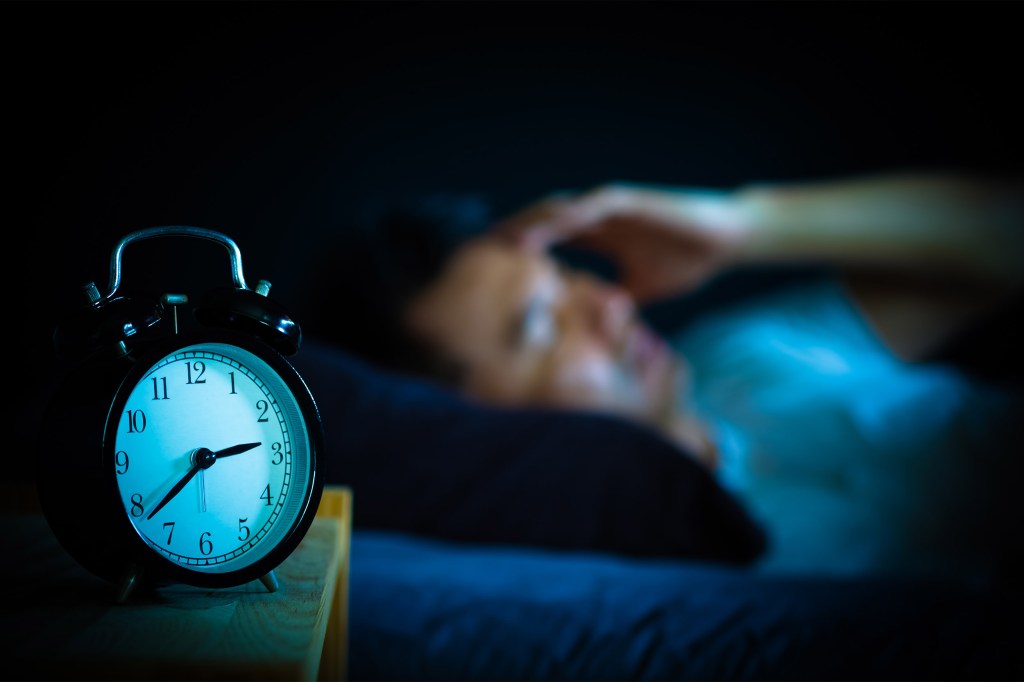
-
COVID-19 may not go away in warmer weather as do colds
Harvard researchers are turning to two common cold viruses to learn lessons about how the coronavirus that causes COVID-19 might behave in the coming months.
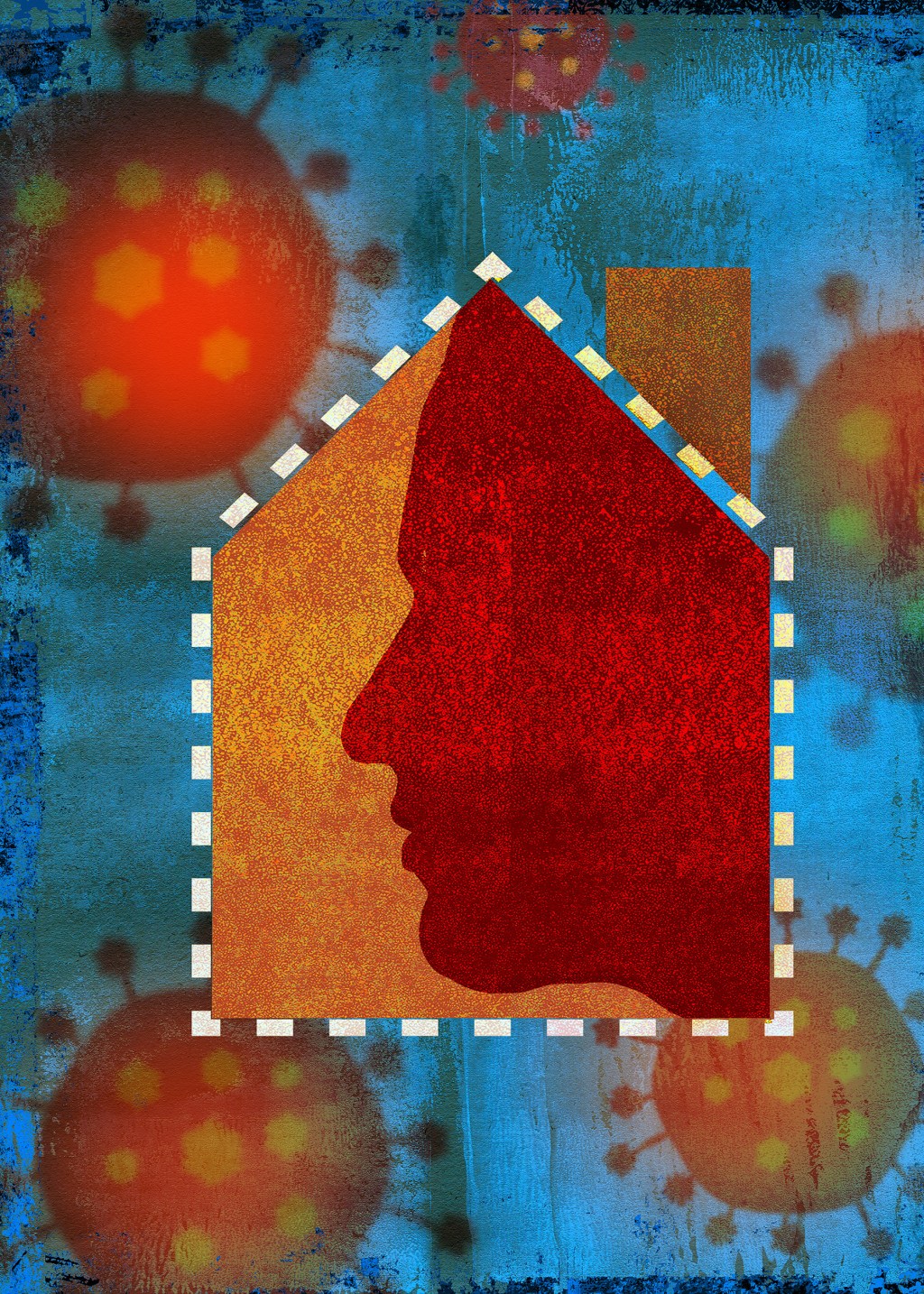
-
COVID-19 targets communities of color
Harvard scholars discuss health care disparities in the age of coronavirus.
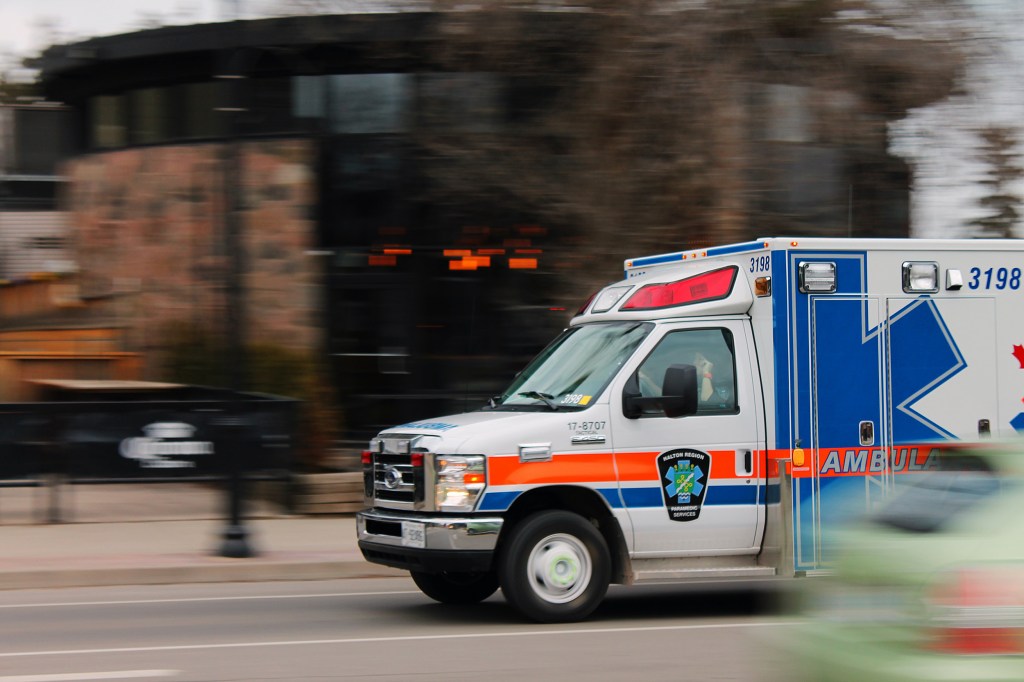
-
Coronavirus and the heart
Heart damage has recently emerged as yet another grim outcome in the virus’s repertoire of possible complications.
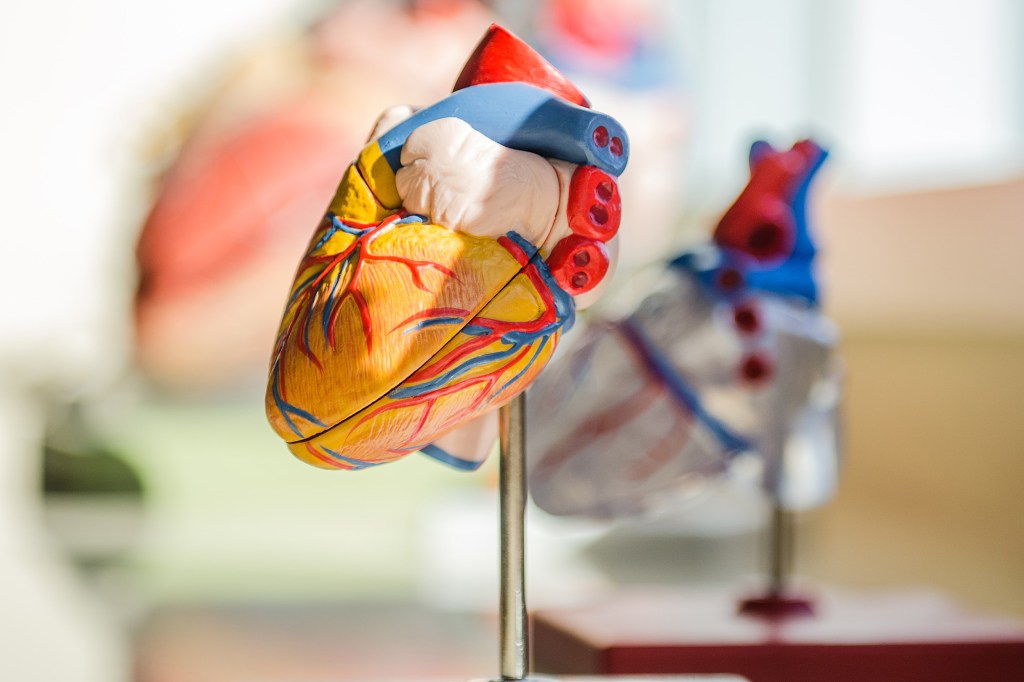
-
Global race to a COVID-19 vaccine
Team at Harvard plans to launch a clinical trial for a potential COVID-19 vaccine in the fall.
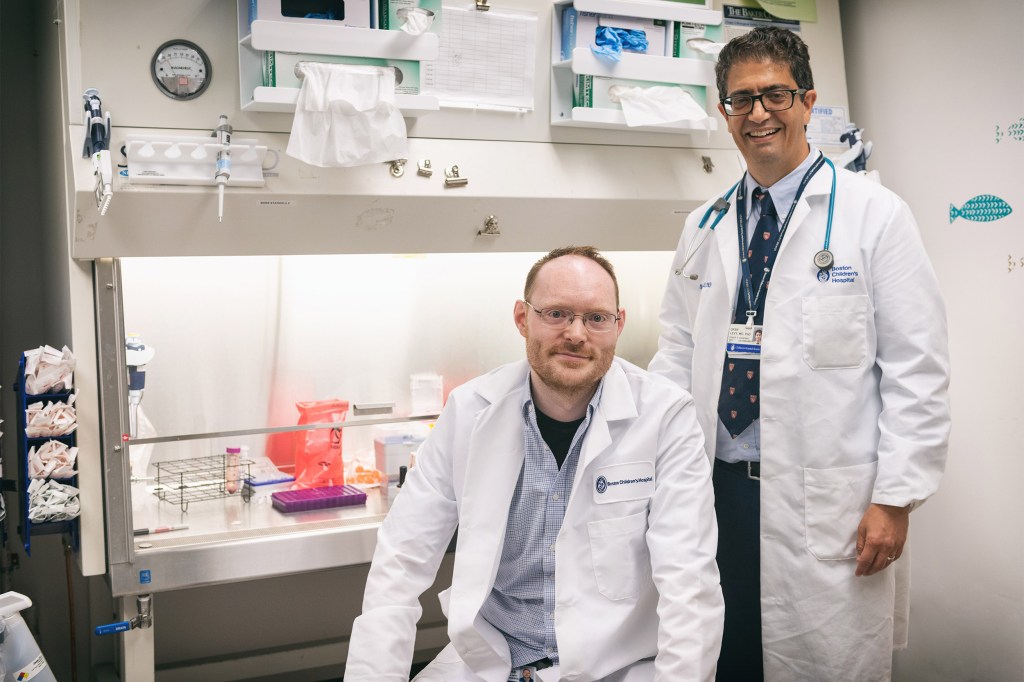
-
Relearning ways to grieve
With everything from hugs to funerals now forbidden or unrecognizable, a Harvard T.H. Chan School of Public Health online forum focused on “How the Discomfort of Grief Can Help Us: Recognizing and Adapting to Loss During the COVID-19 Outbreak.”
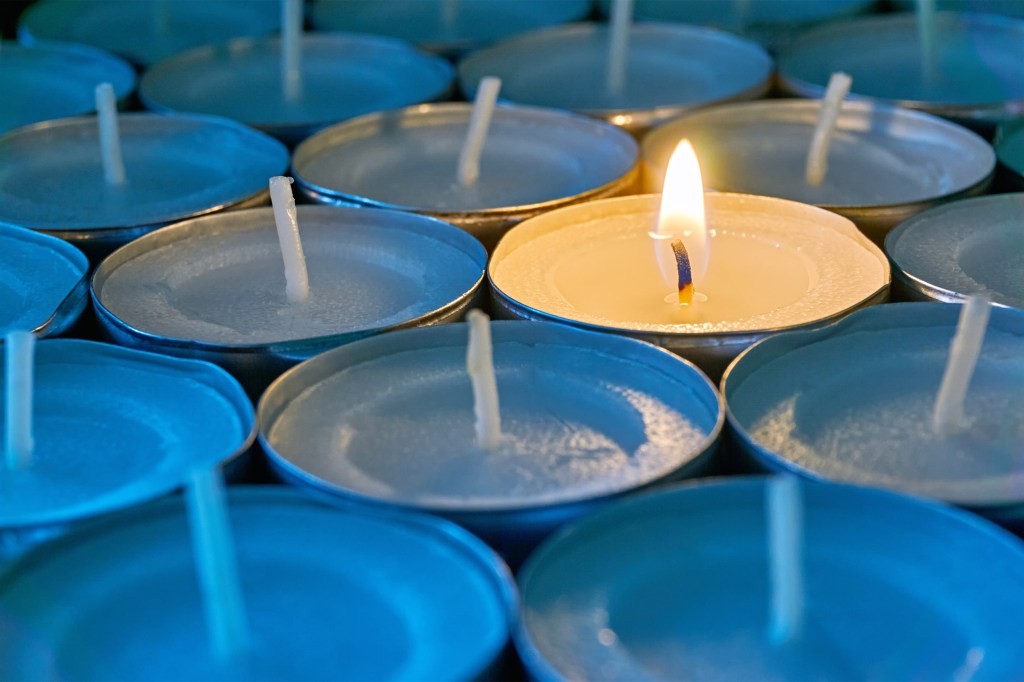
-
Hope for managing hospital admissions of COVID-19 cases
A top emergency-preparedness official with Harvard-affiliated Massachusetts General Hospital says recent modeling shows social distancing is working to flatten the curve.
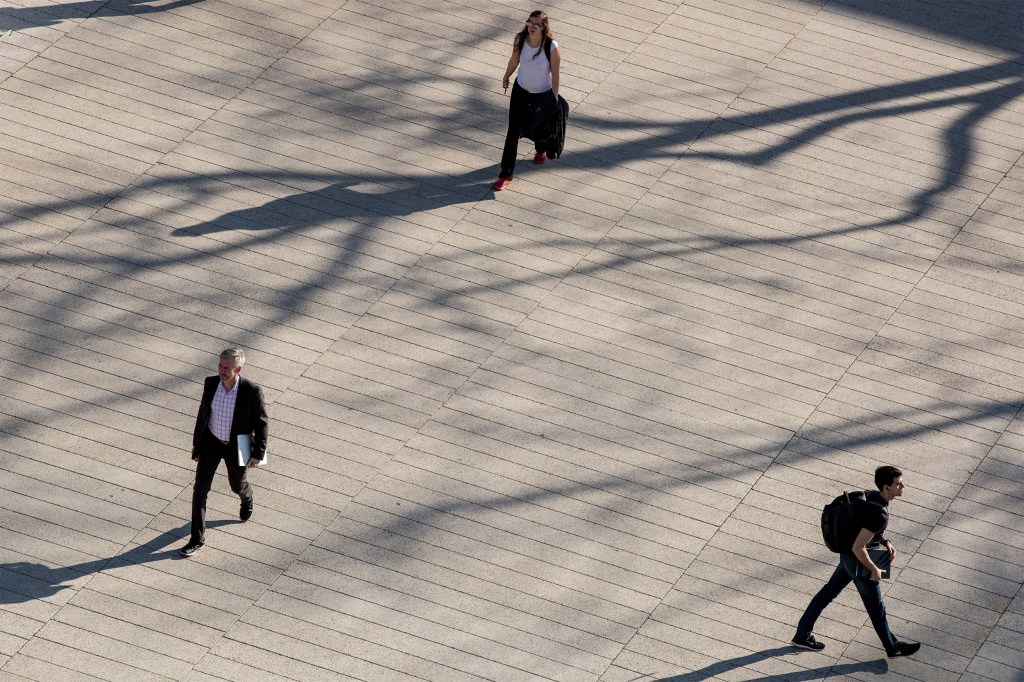
-
Innovating to train medical pros on using mechanical ventilators
Harvard and EdX, the virtual learning platform founded by Harvard and MIT, announced the launch of a free online course designed to train frontline medical professionals to operate the mechanical ventilators needed to treat COVID-19 patients.
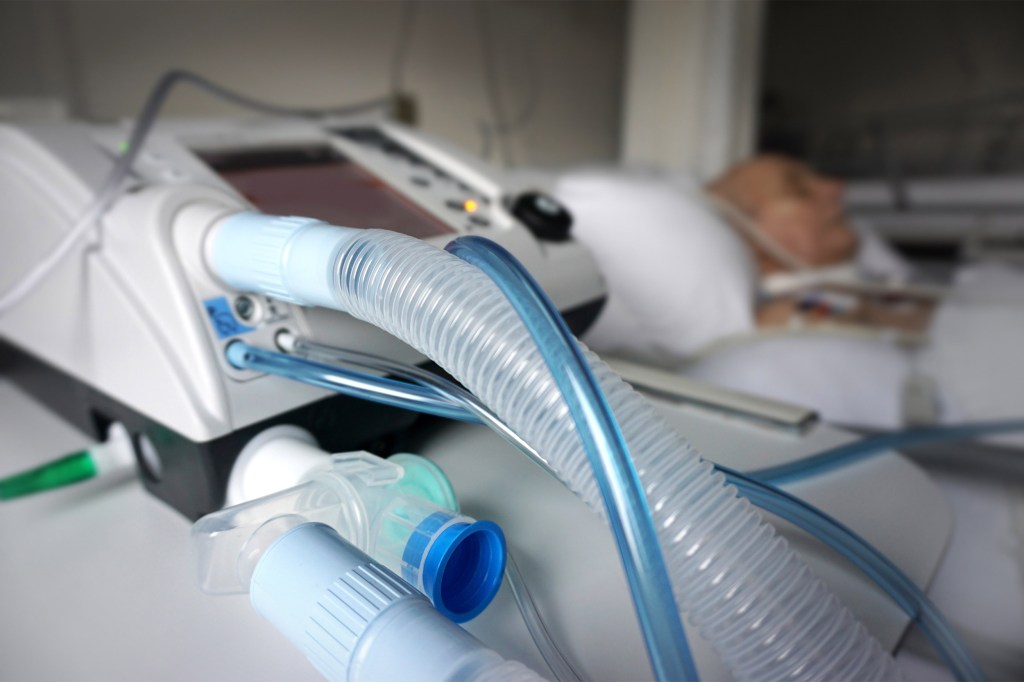
-
Injections to become pills, in vision of Harvard-launched startup
New formulations enable oral delivery of therapeutics traditionally delivered intravenously.
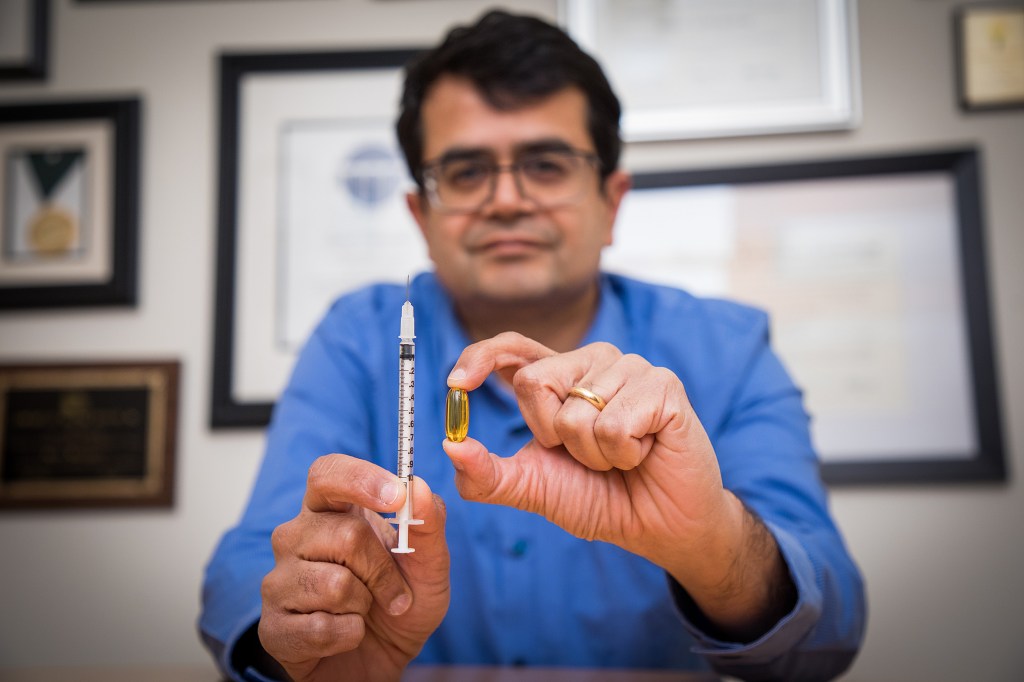
-
A flawed masterpiece
In a new paper published in Cell, Harvard researchers exploring the genetic features that help make the knee possible found that the regulatory switches involved in its development also play a role in a partially heritable disease.

-
How masks and buildings can be barriers to the coronavirus
According to Harvard’s Joe Allen, coronavirus is likely being transmitted in buildings through ventilation systems. But there are ways to minimize risks.
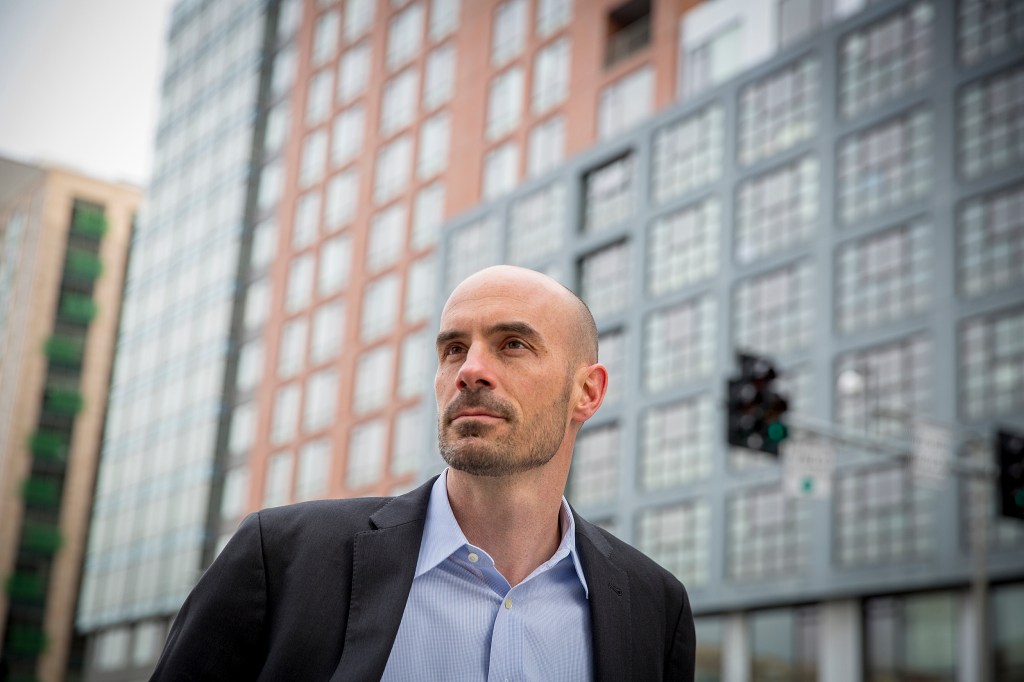
-
From a care of souls to the care of bodies
Kevin Cranston discusses the critical and continuing need for adequate testing and about how data helps inform policy and procedures during a pandemic.
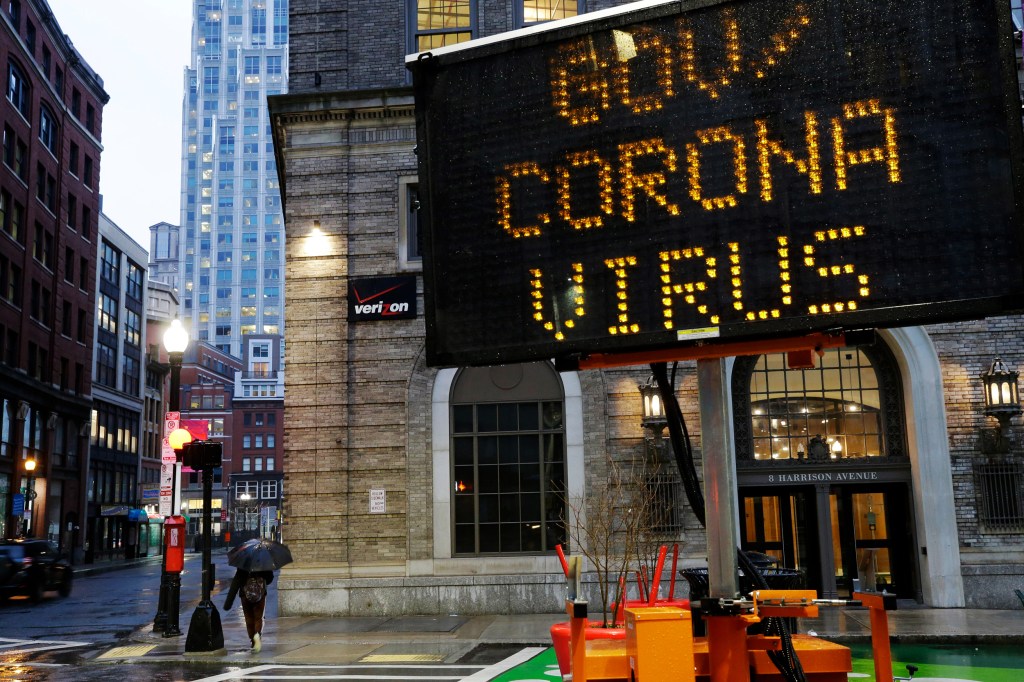
-
Epidemiologist says COVID-19 may be more infectious than thought
Efforts to protect nursing home patients should include moving residents from facilities and increased testing, said Harvard epidemiologist Michael Mina.
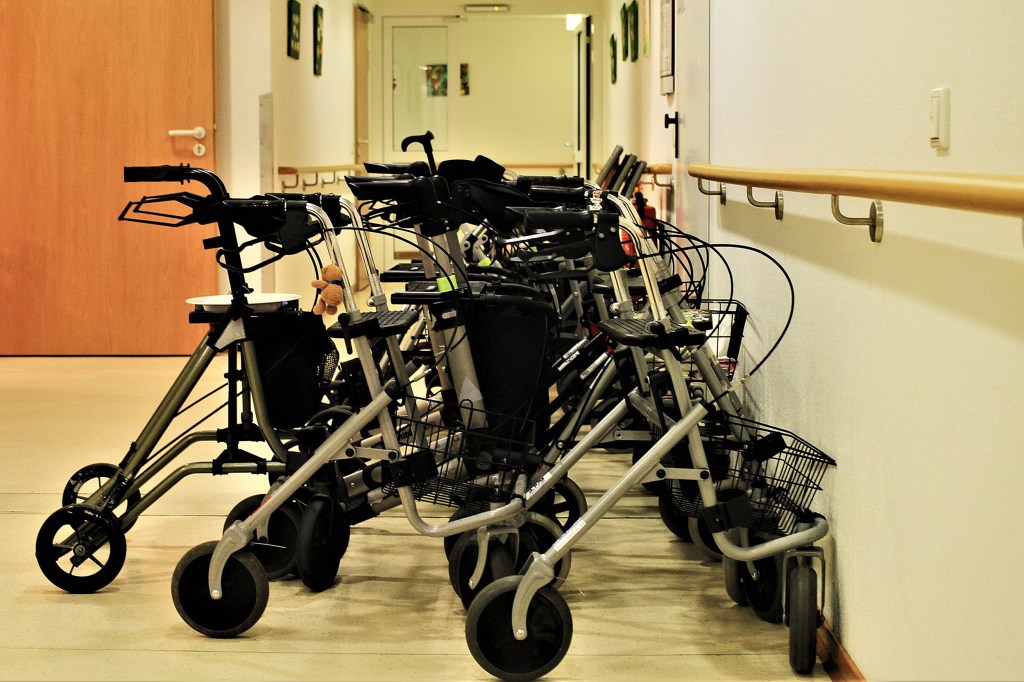
-
Harvard to help track the virus
Soon hundreds of students from the Harvard T.H. Chan School of Public Health will begin assisting with phone calls and emails, and taking part in efforts to identify and reach out to anyone who may have come into contact with someone infected with the novel coronavirus.

-
Ways to redirect our response to COVID-19 anxieties
Third in series of Chan School forums offers tips for dealing with COVID-19 anxieties.
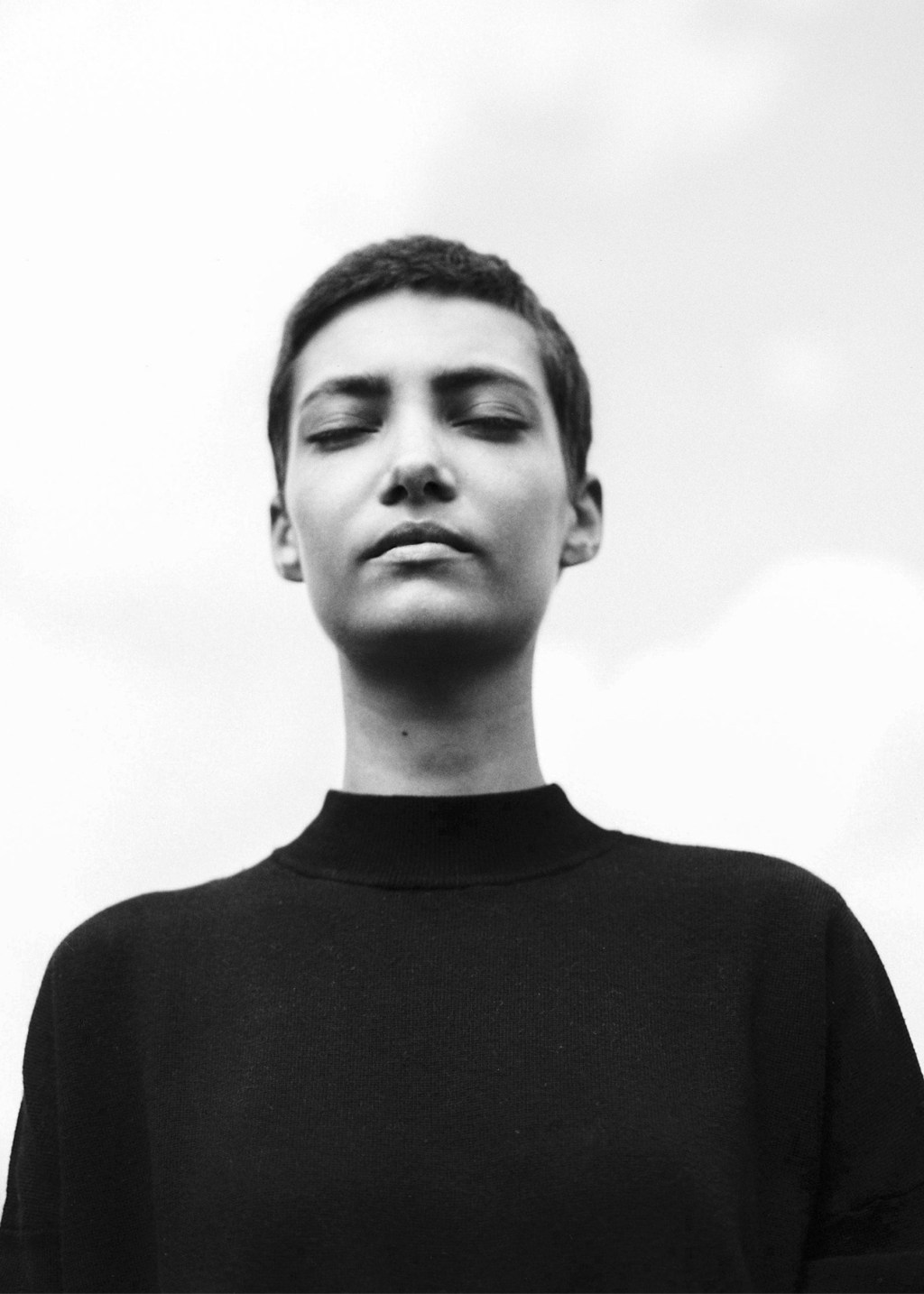
-
Mask decontamination methods: Strengths, weaknesses, gaps
As health care workers resort to mask reuse, a coalition of professionals compares risks, benefits of major decontamination methods.
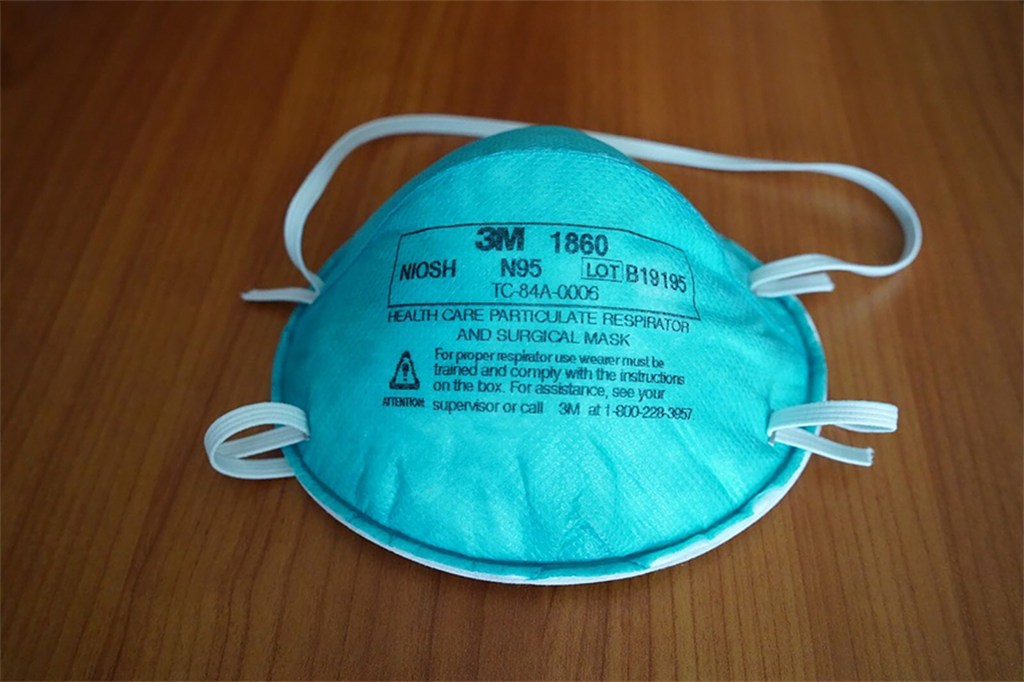
-
Organized to fight the pandemic
The newly formed Massachusetts Consortium on Pathogen Readiness aims to address both the immediate and long-term implications of the coronavirus crisis. The effort, led by Harvard Medical School, will work to stem the tide of COVID-19 but, more importantly, to lay the groundwork for dealing with future pandemics.
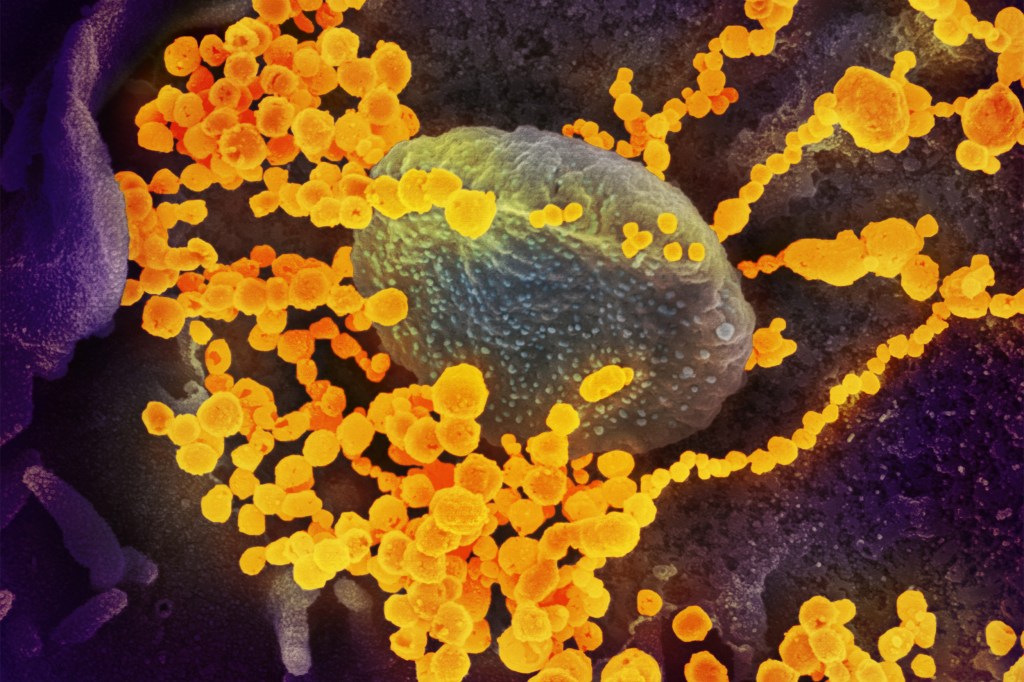
-
From the lab to COVID front lines
Aldatu Biosciences, a company born in Harvard’s labs and nurtured in its entrepreneurial ecosystem, helps the region ramp up COVID-19 testing.
